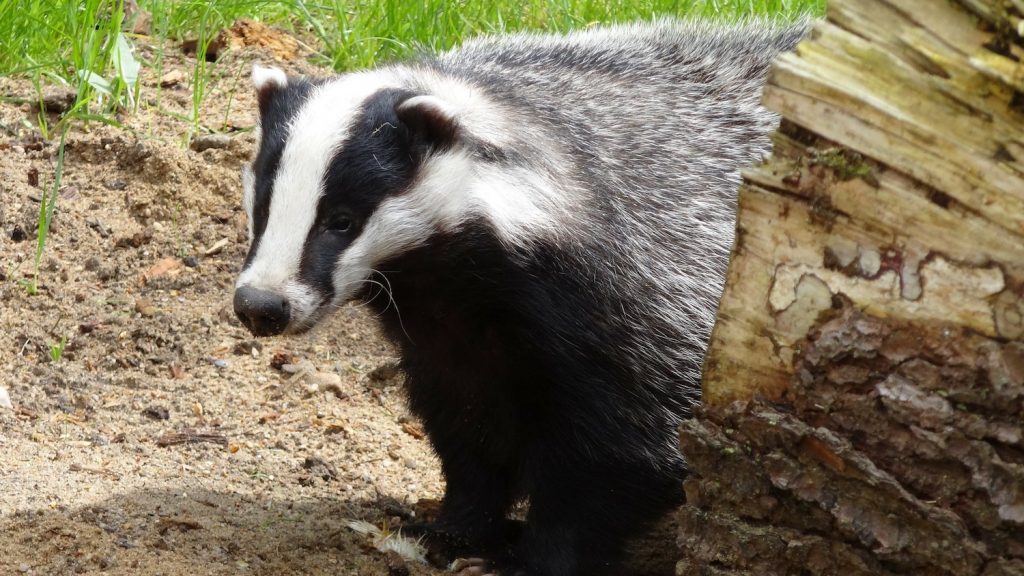Intensive badger culling to be phased out
5th March 2020
Defra has unveiled new plans to trial a cattle vaccine for bovine TB, improve testing and increase badger vaccination, with a view to phasing out intensive culling once other measures are in place.

Defra has unveiled new plans to trial a cattle vaccine for bovine TB, improve testing and increase badger vaccination, with a view to phasing out intensive culling once other measures are in place.
A ‘globally significant’ breakthrough by the Animal and Plant Health Agency has accelerated work to deploy the cattle vaccine within the next five years, Defra revealed.
According to the government, independent scientific analysis has shown that badger culling has resulted in significant reductions in the spread of bovine TB to cattle. In the two areas analysed, disease incidence was reduced by 66 and 37 per cent.
However, Defra says intensive culling, which covers 57 per cent of England’s High Risk Area (HRA) for TB, is just one phase of the long-term strategy to eradicate bTB by 2038.
Environment secretary George Eustice said: “Bovine TB is a slow-moving and insidious disease leading to the slaughter of over 30,000 cattle every year and considerable trauma for farmers as they suffer the loss of highly prized animals and valued herds.
“The badger cull has led to a significant reduction in the disease as demonstrated by recent academic research and past studies. But no one wants to continue the cull of this protected species indefinitely so, once the weight of disease in wildlife has been addressed, we will accelerate other elements of our strategy including improved diagnostics and cattle vaccination to sustain the downward trajectory of the disease.”
Badger vaccination will be deployed in areas where the four-year cull cycle has ended, alongside ongoing disease surveillance of badgers in the area. After infection in the badger population is tackled through culling and then vaccination, Defra says other measures such as cattle vaccination will be more effective.
Defra said it will retain the ability to introduce new cull zones where local epidemiological evidence suggests badgers are playing an ongoing part in maintaining the disease.
Surveillance testing in cattle will also be increased in two HRA counties – Shropshire and Staffordshire – from annual to six-monthly, starting later this year. It is expected this will extend to all parts of the HRA from 2021.
Latest figures from Defra show the overall number of new herd incidents was down by nine per cent in the last year (to November 2019) in England. There was also a 10 per cent reduction in the number of herds not officially TB free and a four per cent reduction in the total number of animals slaughtered due to the disease.
